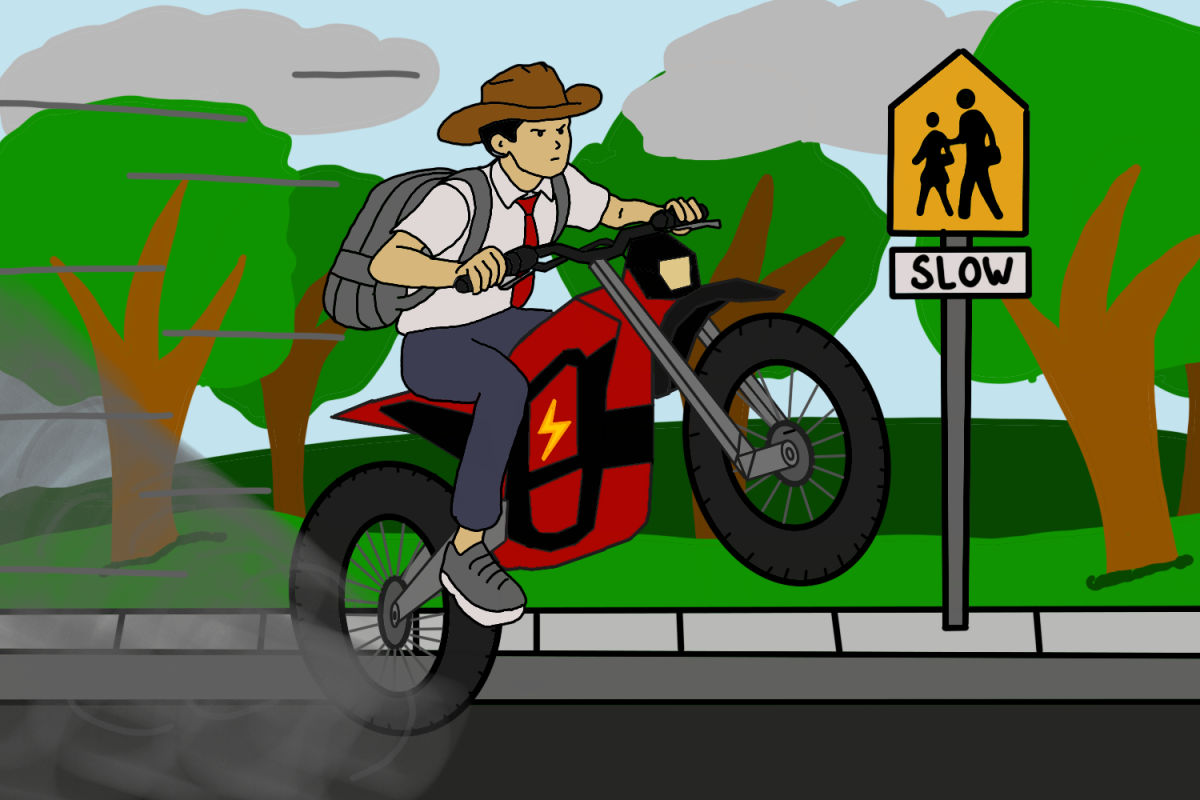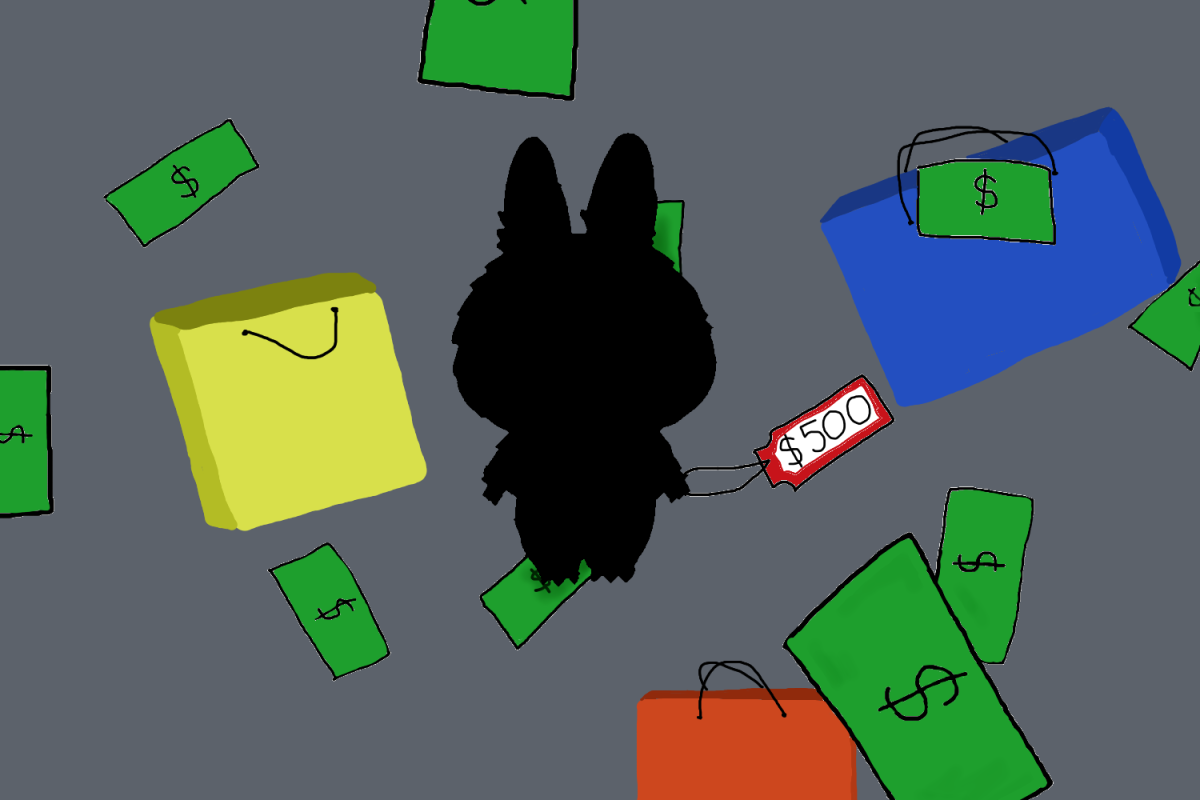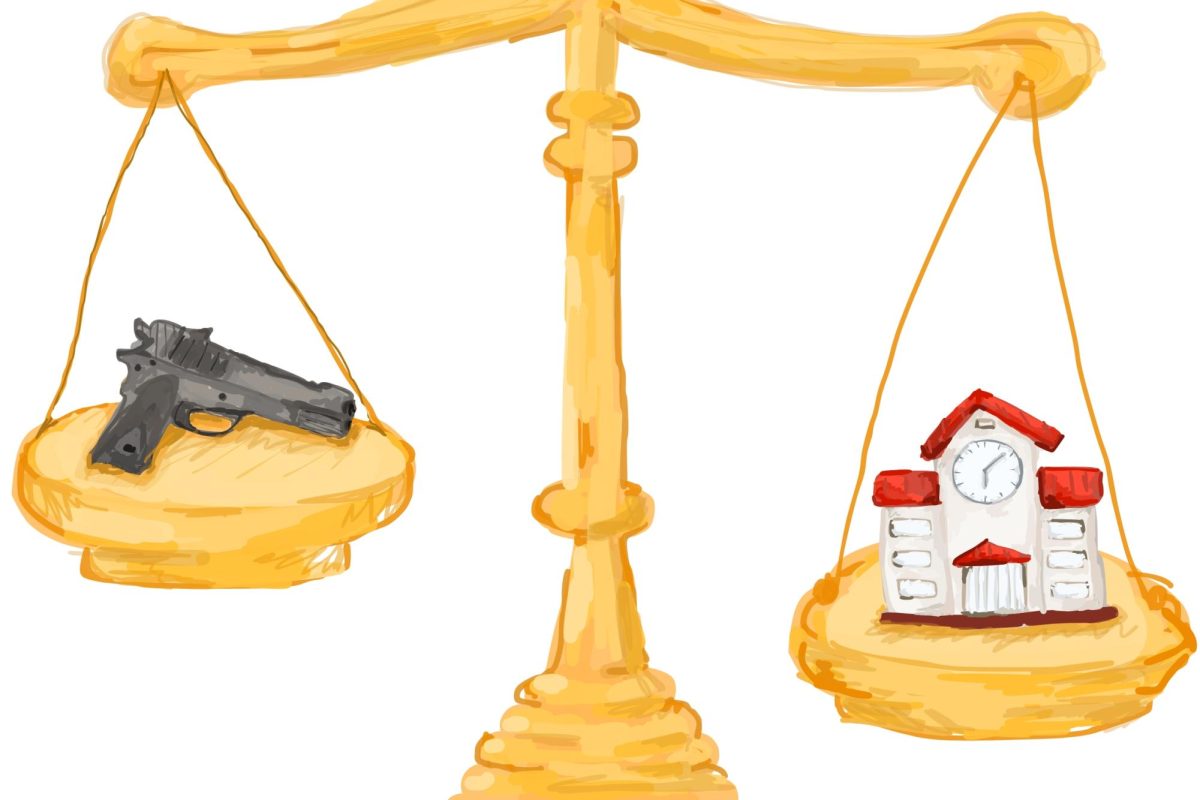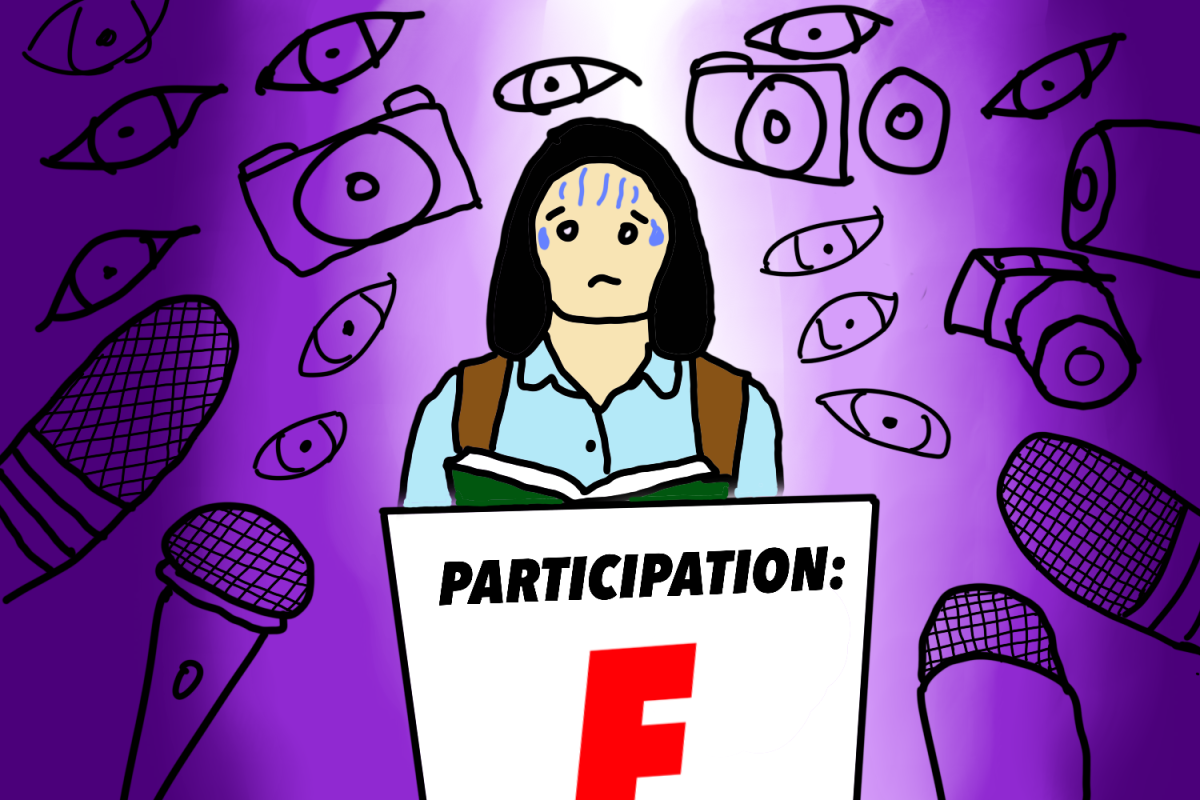Trigger Warning: This article contains mentions of sexual assault and violence. Please proceed with caution if you are sensitive to these topics. If you believe you or a loved one is at risk, feel free to call or text the National Sexual Assault Hotline, 1-800-656-4673, open 24/7.
Recently, there has been a spike in book promotions and reels under the “dark romance” genre on social media. While the name sounds like any average genre, these books normalize controversial subjects such as sexual assault, violence, and abuse in relationships. Typical dark romance plotlines follow morally gray characters whose actions would be incriminating in real life. These characters inflict heavy trauma and violence on their love interest and others, but their behavior is romanticized without a second thought about how it’d be received in real life.
Despite the disturbing plots, many enjoy reading these and even attempt to justify the content. Readers need to shift away from the online craze and open their eyes to why these books are problematic.
Dark romance novels try to sell off their questionable themes as acceptable– they practically spoon-feed readers the idea that their characters’ actions are perfectly normal. To put it in perspective, it’s similar to saying “Who cares if they’re an obsessive stalker? They’re attractive and that’s all that matters!” However, it’s well known that if a real person were to behave similarly, they’d be reported or face some type of consequence.
While the appeal for anti-heroes and villains makes sense (yes, we all love that brooding, mysterious vibe), it’s essential how these characters are described. Villains and anti-heroes may be violent and cause destruction, but most novels do not glorify their actions and instead hold them to their weight. For instance, Aaron Warner’s father from the Shatter Me series is described as extremely handsome but a murderer and ruthless criminal. Instead of presenting him as swoon-worthy and lovable, the author adds dimension to his character but maintains her point that he’s a villain who must face repercussions for his actions. I enjoy reading about twisted characters and misunderstood antagonists, but I don’t find it appealing when the book glorifies the brutality and tries to pass it off as attractive. It’s common in dark romance novels to let the protagonist and deuteragonist get away with their actions, no matter how sadistic or cruel.
With that being said, most of the themes in these novels are serious topics that are made into a twisted fantasy and aren’t presented with the emphasis they deserve. There are people out there who have been subject to domestic violence, sexual assault, and other recurring dark romance themes. This triggering content can come across as a dismissal of their true experiences. Many social media users are teenagers and young adults, and they aren’t being influenced to treat these topics with the correct importance.
So, should we as a society continue to accept dark romance? Should these novels be considered romance at all? Based on the content and glorification of trauma, it evades the main aspects of romance and instead includes page after page of the most questionable topics possible. For instance, a popular novel called Haunting Adeline has readers fawning over Zade Meadows, even though he stalks and sexually assaults Adeline multiple times.
These novels uplift and romanticize heavy themes, failing to recognize their true weight and bending impressionable minds to the idea that they are acceptable. Dark romance novels will continue to be written, but it’s necessary to recognize the contentious message they send and stop treating it as a “craze” or a “trend” to be followed. The content of these books isn’t romantic or justifiable whatsoever, and it must be recognized that way.
Photo courtesy of FLICKR.COM






